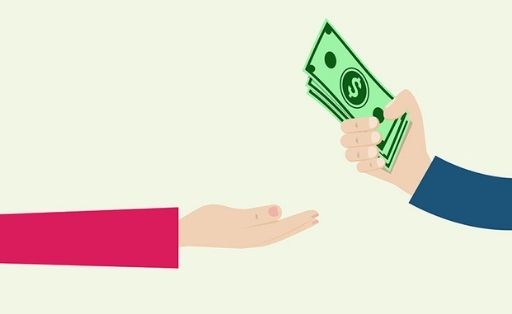Borrowing money is a process that many people have gone through at one time or another. Especially in British Columbia, Canada.
Whether it is for something as simple as an education (Student loans), purchasing a house (Mortgage) or just borrowing money for basic bills like payday loans, borrowing cash is more common than you can imagine.
Although it may seem like a complicated process, once you understand the basics, you’ll be able to figure it out enough to use it for yourself. A good rule of thumb to remember is the thigher loan, the more complex the process is.
Let’s have a look at how borrowing money works in BC, why people do it, and who offers this service.
Borrowing and lending started in BC when the very first banks were established. It’s something that goes back for years. Borrowing helps during a financial crisis or when you simply need to pay something off quickly.
So at the moment, if you were living in Vancouver or some other part of BC, what are your choices?
Recommended: How Are Payday Loans A Modern Technological Marvel

Your Options
Loans are an important financial tool that can help people get the money they need. When people borrow money, they have to repay the loan with interest. The interest rate charged on loans is usually expressed as an annual percentage rate of charge.
A person may have to pay a higher interest rate on a loan if he or she lacks collateral. That is because the lender does not have any guarantee for repayment of the loan in case the borrower defaults.
One common type of lending institution is a payday lender, which offers short-term loans and has no collateral requirement and offers high-interest rates as well as higher fees for late payments or nonpayment. Whether or not to borrow from this type of lender should be carefully considered because even though it may offer quick cash, it will also cost more
Bank Loans
Bank loans are “financial instruments” that are created by banks. They are usually offered to individuals, companies, or even public sector organizations, who require cash for business purposes.
Banks take the loan agreement and make it available to the potential borrower. If they agree to the terms of the bank loan (usually at least a specified down payment), then they can enter into an agreement with the bank to receive money over a specified time period.
The borrower must also make repayments at specific intervals during this period in order to pay back what they owe on the loan.
Personal Loans
Personal Loans are designed to help individuals improve their credit rating by first demonstrating that they can handle the responsibility of regular monthly payments.
The loans are usually provided at fixed rates and fixed repayment periods, both of which can be negotiated with the lender. Approval is determined by your credit score, income, and debt.
What is a Mortgage
A mortgage is a type of loan that allows an individual to borrow funds from a lending institution (such as a bank) to purchase real estate.
Mortgages are typically structured as 30-year loans; however, individuals may opt for shorter terms if they wish. The individual will be required to make regular payments to the lending institution in order to repay the borrowed funds, with interest.
Some mortgages also require monthly payments for homeowners insurance or property taxes, which will vary depending on where the property is located. The borrower must have sufficient income and assets for this type of loan, which is why lenders often ask about an individual’s credit score before approving a mortgage application.
Recommended Reading:
